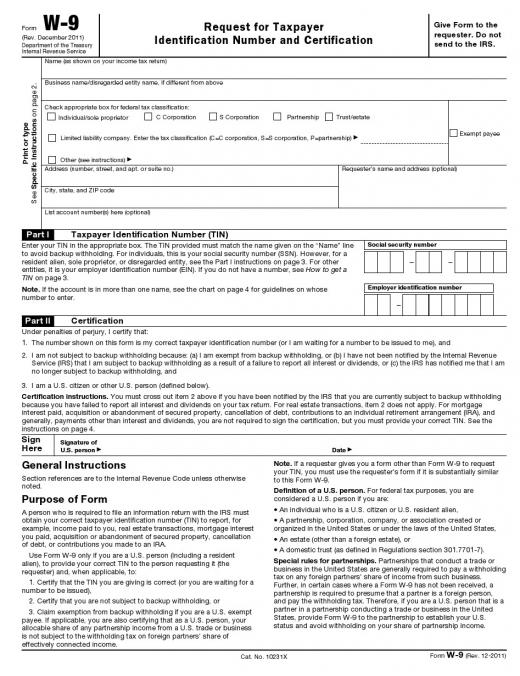At WiseGEEK, we're committed to delivering accurate, trustworthy information. Our expert-authored content is rigorously fact-checked and sourced from credible authorities. Discover how we uphold the highest standards in providing you with reliable knowledge.
What is a Virtual Bookkeeper?
A virtual bookkeeper is a professional in his field who works from a remote location rather than in a traditional office environment. He is generally an independent contractor who provides a full line of general accounting and bookkeeping services to his clients through software programs, database sharing, e-mail and faxes. Home offices are commonly the sole physical location of the business operation.
Just like a traditional bookkeeper, a virtual bookkeeper commonly has expertise in a wide variety of accounting applications. He is normally proficient in processing accounts payable, accounts receivable, account reconciliation and payroll. Maintaining general ledgers and other records of transactions is typically a regular part of his job.

In addition to having a comprehensive understanding of bookkeeping and accounting principles, a virtual bookkeeper often has access to and knowledge of a wide range of accounting software. Some software programs are accounting systems that simply track income and expenditures and generate checks. The more advanced programs can estimate taxes, calculate job costs, manage projects and work in conjunction with spreadsheet or word processing software.
An increasingly popular tool utilized by virtual bookkeepers is an electronic scanning device that scans, categorizes and saves business receipts, business cards and important letters and documents. Most of these devices are approved by local and regional regulatory agencies to be so accurate that original receipts and documents can be discarded after they are scanned and saved. This reduces the amount of space a virtual bookkeeper requires to run his business and simultaneously serve multiple clients.
A person in this field is often required to provide ancillary services unique to the industries in which his clients operate businesses. For example, small independent retail and wholesale operations often require him to track purchase orders or maintain copies of customer invoices. Vendors and manufacturer’s representatives may ask the bookkeeper to process credit applications and verify references as well. Clients may also ask him to prepare year-end reports or issue W-9 or 1099 tax documents to employees.
A high school diploma is generally the minimum required education to become a virtual bookkeeper, but an associate's or bachelor's degree in business, accounting or a related field may improve an aspiring candidates job prospects. To be successful as a virtual bookkeeper, exemplary mathematics skills are typically required. A high level of organization and excellent attention to detail are helpful qualities in this position. Since a virtual bookkeeper commonly works alone, being self-motivated and focused are typically imperative to success as well. Dependability, integrity and discretion are normally highly regarded traits due to the nature of the information the virtual bookkeeper’s clients are regularly required to share with him.
AS FEATURED ON:
AS FEATURED ON:











Discuss this Article
Post your comments